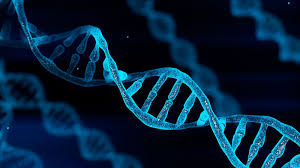Researchers have found “switching off” an enzyme called CaMKK2 in immune cells that drive inflammation prevents diet-induced obesity, diabetes and fatty liver disease.
According to a statement released yesterday by Australia’s Monash University, CaMKK2 (calcium/calmodulin-dependent protein kinase kinase 2) regulates energy use in cells and the body.
It also controls inflammation through macrophages, immune cells found throughout tissues.
Australian and U.S. scientists found that in mice that were genetically altered, so their macrophages lacked CaMKK2, the mice were protected against the harmful effects of a high-fat diet, including obesity and other metabolic diseases.
The study’s lead author, John Scott from the Monash Institute of Pharmaceutical Sciences, said the discovery shows CaMKK2 is a key player in how macrophages affect metabolism and inflammation.
Scott said “when the CaMKK2 gene is removed from certain immune cells (in this case, macrophages), fat tissue shifts its activity in a healthier direction.
“The genes in the fat start working in ways that support better metabolism and reduce harmful inflammation.”
The study, published in the journal Molecular Metabolism, identified that CaMKK2 has direct control of regulating immune cell and whole-body metabolism, making it a promising new therapeutic target for treating obesity and related metabolic disorders.


